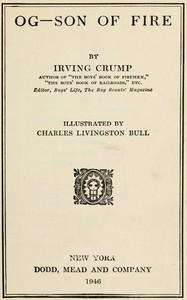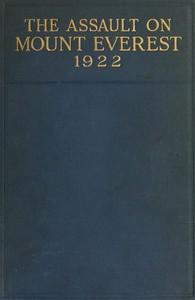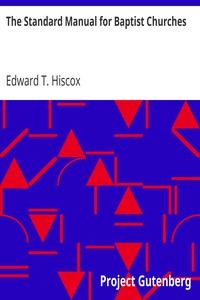Read this ebook for free! No credit card needed, absolutely nothing to pay.
Words: 18295 in 5 pages
This is an ebook sharing website. You can read the uploaded ebooks for free here. No credit cards needed, nothing to pay. If you want to own a digital copy of the ebook, or want to read offline with your favorite ebook-reader, then you can choose to buy and download the ebook.
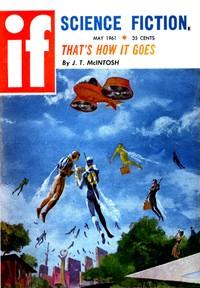

: Cinderella Story by Lang Allen Kim Gaughan Jack Illustrator - Science fiction; Human-alien encounters Fiction; Banks and banking Fiction
INTRODUCTION 5
TELEMACHIAD 21
ULYSSIAD 121 OCYGIA 129 PHAEACIA 156 FABLELAND 231
ITHAKEIAD 396 BOOKS 13-16 407 BOOKS 17-24 461 WRONG 468 PUNISHMENT 495 RECONCILIATION 500
SUMMARY 511
The Odyssey starts by organizing itself; it maps out its own structure in what may be called a General Introduction. Herein lies a significant difference between it and the Iliad, which has simply an Invocation to the Muse, and then leaps into the thick of the action. The Iliad, accordingly, does not formulate its own organization, which fact has been one cause of the frequent assaults upon its unity. Still the architectonic principle is powerful in the Iliad, though more instinctive, and far less explicit than in the Odyssey. It is reasonable to suppose, therefore, that the poet has reached a profounder consciousness of his art in his later poem; he has come to a knowledge of his constructive principle, and he takes the trouble to unfold the same at the beginning. To be sure, certain critics have assailed just this structural fact as not Homeric; without good grounds, in our judgment.
The First Book, accordingly, opens with an Introduction which belongs to the entire poem, and which embraces 95 lines of the original text. This portion we shall look at separately in some detail, as it throws a number of gleams forward over the whole action, and, as before said, suggests the poetic organism. It has three divisions, the Invocation, the Statement of the Obstacles to the return of the Hero, and the Assembly of the Gods, who are represented as organizing the poem from Olympus. The Divine thus hovers over the poem from the first, starting with one grand, all-embracing providential act, which, however, is supplemented by many special interventions of deities, great and small.
Note that Ulysses is here stated to be the taker of Troy, and this view is implied throughout the Odyssey. Note Achilles is the final Greek hero; he perished without capturing the city, and in his hands alone the Greek cause would have been lost. The intellectual hero had to come forward ere the hostile town could be taken and Helen restored. Herein the Odyssey does not contradict the Iliad, but is clearly an advance beyond it.
But not merely knowledge the Hero is to acquire, though this be much; the counterpart to knowledge must also be his, namely, suffering. "Many things he suffered on the sea in his heart;" alas! that too belongs to the great experience. In addition to his title of wise man, he will also be called the much-enduring man. Sorrow is his lot and great tribulation; the mighty sea will rise up in wrath and swallow all, except that which is mightier, namely his heroic heart. Knowledge and suffering--are they not the two poles of the universal character? At any rate the old poet has mated them as counterparts in his hero; the thirst to know drives the latter to reach beyond, and then falls the avenging blow of powers unseen.
Furthermore, there is a third trait which is still higher, also mentioned here: he sought to save not only himself but also his companions. That wisdom of his was employed, and that suffering of his was endured, not for his own good merely, but for the good of others. He must think and suffer for his companions; a suggestion of vicariousness lies therein, a hint of self-offering, which has not yet flowered but is certainly budding far back in old Hellas. He must do for others what he does for himself, if he be truly the universal man, that is, if he be Hero. For is not the universal man all men--both himself and others in essence? So Ulysses tries to save his companions, quite as much he tries to save himself.
But he did not do it, he could not do it; herein lies his limitation and theirs also, in fact, the limitation of the entire Greek world. What did these companions do? "They perished by their own folly;" they would not obey the counsel of their wise man; they rejected their Hero, who could not, therefore, rescue them. A greater wisdom and a deeper suffering than that of Ulysses will be required for their salvation, whereof the time has not yet come. He would bring them home, but "they ate of the oxen of the sun;" they destroyed the attribute of light in some way and perished. The fact is certainly far-reaching in its suggestion; a deep glance it throws into that old heathen world, whose greatest poet in the most unconscious manner hints here the tragic limitation of his people and his epoch. It is a hint of which we, looking back through more than twenty-five centuries can see the full meaning, as that meaning has unfolded itself in the ages. Time is also a commentator on Homer and has written down, in that alphabet of his, called events, the true interpretation of the old poet. Still the letters of Time's alphabet have also to be learned and require not only eyesight but also insight.
The Invocation puts all its stress upon Ulysses and his attempt to save his companions. It says nothing of Telemachus and his youthful experience, nothing of the grand conflict with the suitors. Hence fault has been found with it in various ways. But it singles out the Hero and designates three most important matters concerning him: his knowledge, his suffering, his devotion to his companions. Enough; it has given a start, a light has been put into our hand which beams forward significantly upon the poem, and illumines the mazes of the Hero's character.
Free books android app tbrJar TBR JAR Read Free books online gutenberg
More posts by @FreeBooks

: The Great Revival of the Eighteenth Century With a supplemental chapter on the revival in America by Hood Edwin Paxton - Evangelical Revival
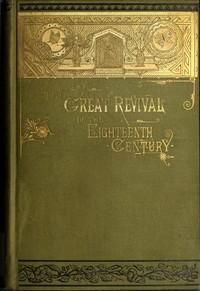

: Og—Son of Fire by Crump Irving Bull Charles Livingston Illustrator - Animals Juvenile fiction; Cave dwellers Juvenile fiction; Fire Juvenile fiction; Prehistoric peoples Juvenile fiction
